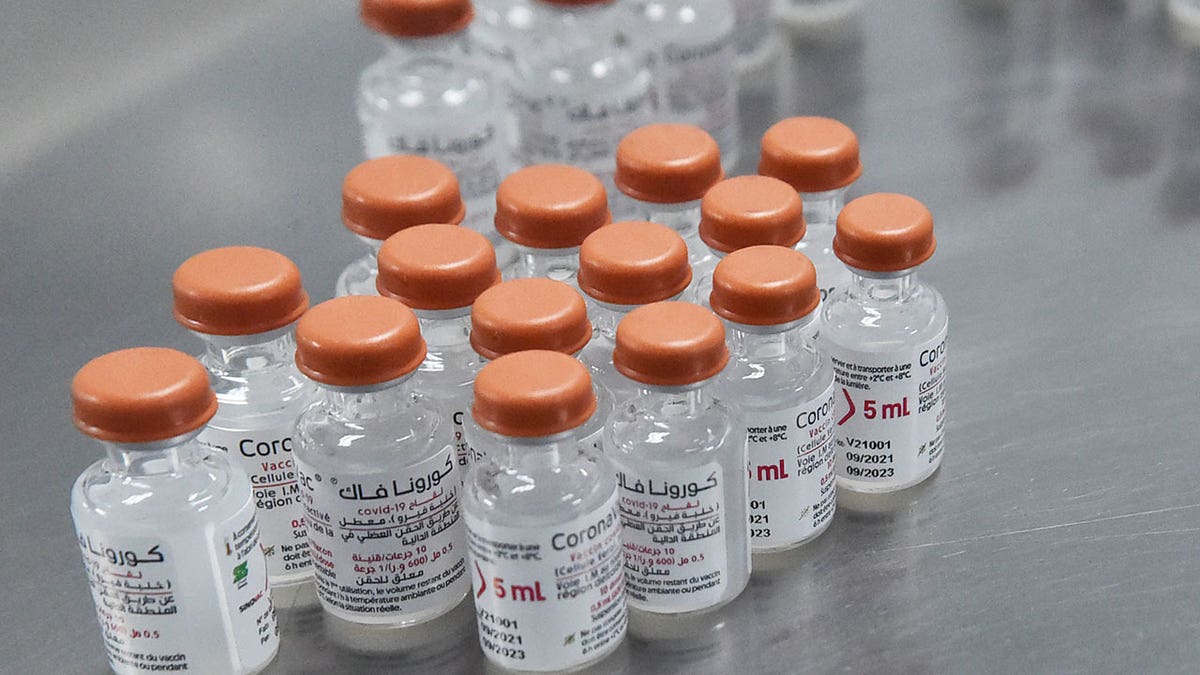- The World Health Organization and world leaders have recognized the need to improve responses to the pandemic.
- Efforts are underway to finalize a pandemic treaty to establish guidelines for future responses to the pandemic.
- The lack of consequences for countries that do not comply with the treaty raises concerns.
After the coronavirus pandemic triggered once-unthinkable lockdowns, upended economies and killed millions, leaders at the World Health Organization and around the world pledged to do better in the future. Years later, countries are still struggling to reach an agreed plan for how the world might respond to the next global outbreak.
A ninth and final round of negotiations involving governments, advocacy groups and others to finalize a “pandemic treaty” is expected to end Friday. The aim of the agreement: guidelines on how the WHO's 194 member countries could stop future pandemics and better share limited resources. But experts warn there will be virtually no consequences for countries that fail to comply.
WHO countries have asked the U.N. health agency to oversee negotiations for a pandemic deal in 2021. Envoys have worked long hours in recent weeks to prepare a draft before a deadline self-imposed deadline later this month: ratification of the agreement at the WHO annual meeting. But deep divisions could derail it.
WHO DIRECTOR CALLS FOR GLOBAL PANDEMIC TREATY TO PREPARE FOR DISEASE
US Republican senators wrote a letter to the Biden administration last week criticizing the plan because it focuses on issues such as “the destruction of intellectual property rights” and “supercharging the WHO”. They urged Biden not to sign.

Vials of the COVID-19 vaccine are pictured at the Saidal factory in Constantine, Algeria, September 29, 2021. After the coronavirus pandemic triggered once-unthinkable lockdowns, upended economies and killed millions, leaders at the World Health Organization and around the world have promised to do better in the future. Years later, countries are still struggling to reach an agreed plan for how the world might respond to the next global outbreak. (AP photo, file)
Britain's Department of Health said it would only agree to a deal if it was “firmly in the UK's national interest and respects national sovereignty.”
And many developing countries believe it is unfair that they can be expected to provide virus samples to help develop vaccines and treatments, but then are unable to deliver them. pay.
“This pandemic treaty is a very noble step, but it does not take into account political realities,” said Sara Davies, professor of international relations at Griffith University in Australia.
ALL GOP SENATORS SUPPORT BIDEN IN NOT SUPPORTING EXPANSION OF WHO PANDEMIC AUTHORITY
For example, the agreement attempts to close the gap that has arisen between COVID-19 vaccines in rich and poorer countries, which WHO Director-General Tedros Adhanom Ghebreyesus said , amounts to “a catastrophic moral failure”.
The draft says the WHO should get 20% of production of pandemic-related products, such as tests, treatments and vaccines, and urges countries to disclose their deals with private companies.
“There is no mechanism within the WHO to make life really difficult for countries that decide not to act in accordance with the treaty,” Davies said.
Adam Kamradt-Scott, a global health expert at Harvard University, said that, like global climate agreements, the proposed pandemic treaty would at least provide a new forum for countries to try to hold themselves accountable, where governments will have to explain themselves. what measures they took.
The pandemic treaty “is not about anyone telling a country's government what it can and cannot do,” said Roland Driece, co-chair of the pandemic treaty. WHO agreement.
There are legally binding obligations under the International Health Regulations, including to promptly report new dangerous outbreaks. But these principles have been repeatedly violated, notably by African countries during the Ebola epidemics and by China at the start of the COVID-19 epidemic.
CLICK HERE TO GET THE FOX NEWS APP
Suerie Moon, co-director of the Center for Global Health at the Geneva Institute of Advanced Studies, said it was essential to determine the expected role of WHO during a pandemic and how outbreaks could be stopped before spreading to worldwide.
“If we fail to seize this closing window of opportunity (…) we will be just as vulnerable as in 2019,” she warned.
Some countries appear to be acting alone to ensure others cooperate during the next pandemic. Last month, President Joe Biden's administration said it would help 50 countries respond to new outbreaks and prevent global spread, giving the country leverage if it needed critical information or materials to the future.
Yuanqiong Hu, senior legal and policy adviser to Doctors Without Borders, said it was unclear what might be different in the next pandemic, but he hoped to focus attention on some of the glaring errors that have emerged in the COVID-19 framework could help.
“Above all, we will have to rely on countries to do better,” she said. “It's worrying.”
